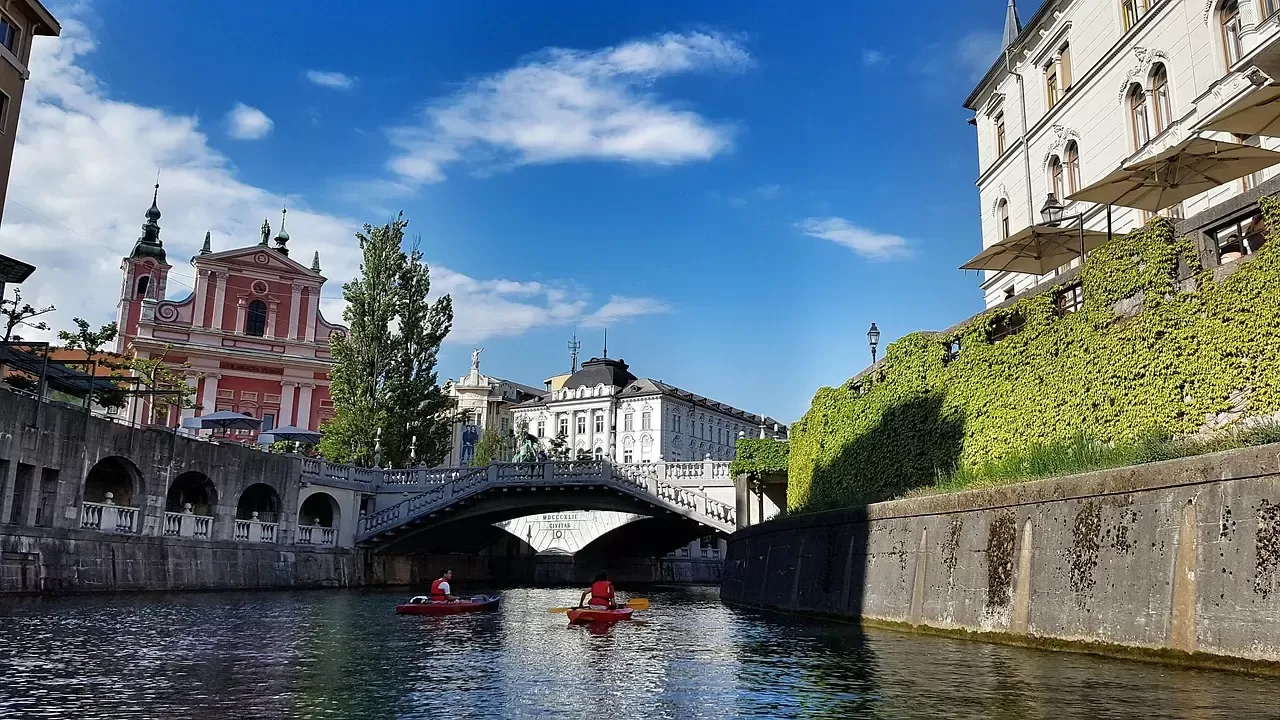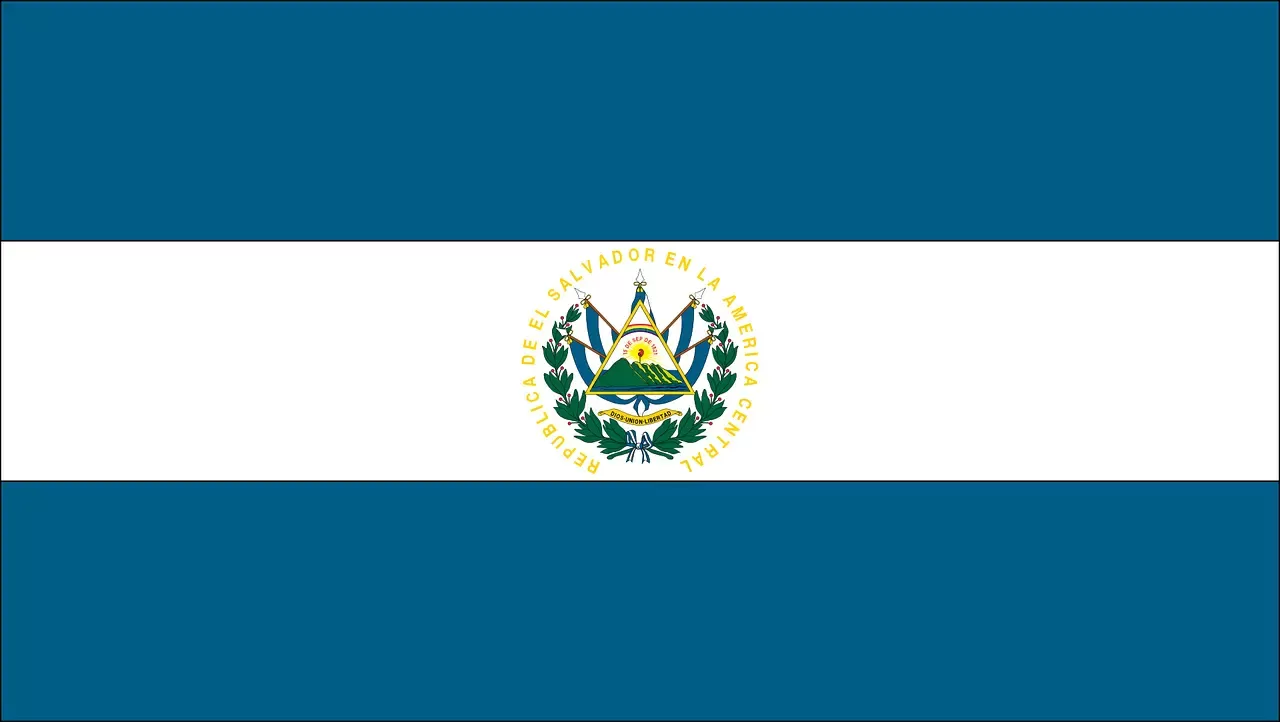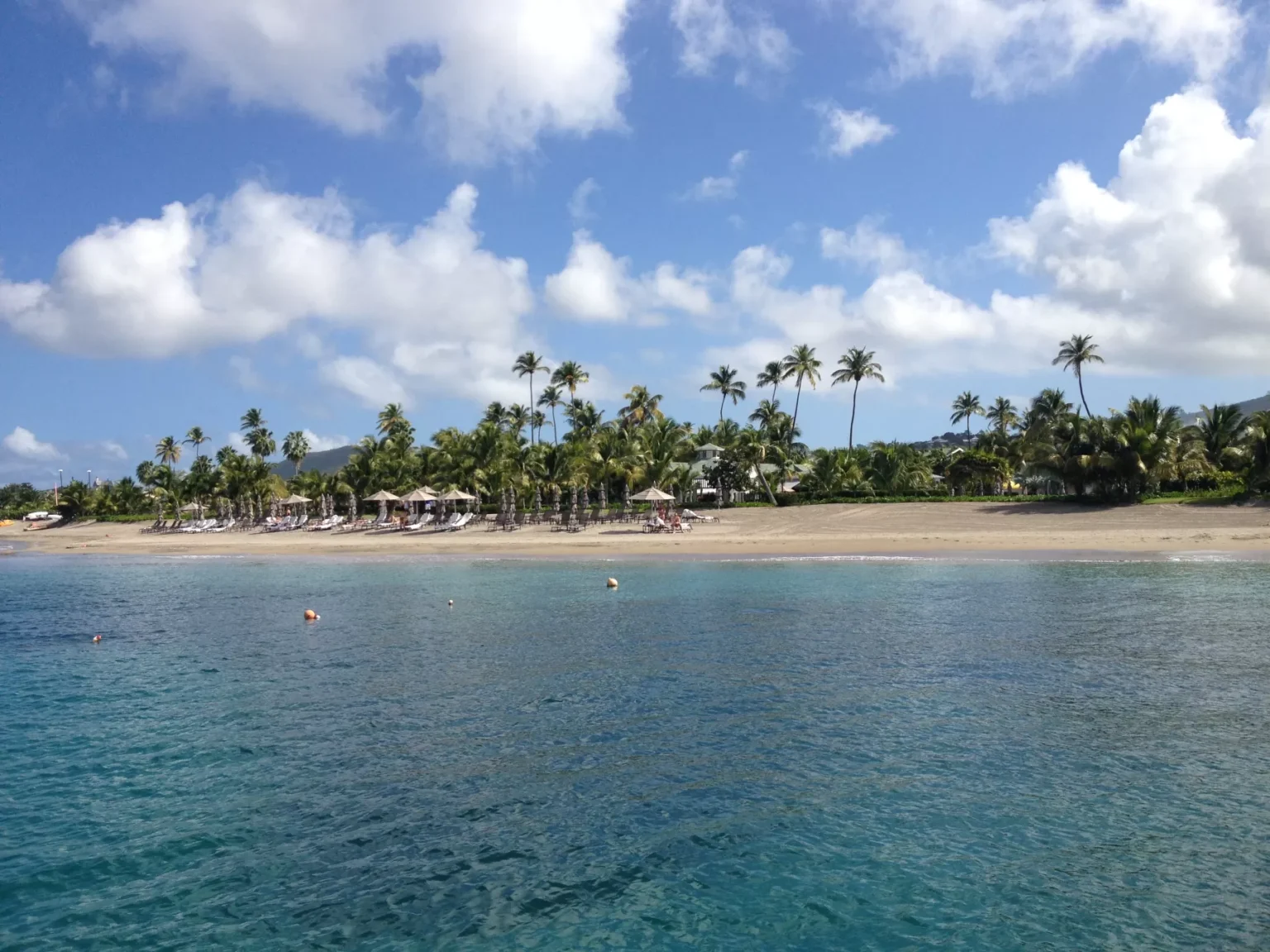In the azure embrace of the Mediterranean, where olive groves whisper stories older than memory and marble columns stand sentinel to millennia of civilization, Greece has quietly authored one of Europe’s most compelling comeback stories.
This is a land where philosophy was born, democracy took its first breath, and today, economic renaissance unfolds against a backdrop of timeless beauty.
For just €250,000 in real estate investment, this Mediterranean paradise offers a golden gateway to European Union residency and so much more.
Rich History and Culture
Greece’s cultural foundation runs deeper than the wine-dark seas Homer immortalized. Here, the concept of philoxenia,literally “love of strangers”, transforms every encounter into an opportunity for connection. It’s not merely hospitality; it’s a sacred duty that has survived empires, occupations, and the passage of thirty centuries.
The Greek language itself carries this cultural DNA, gifting the world with words that have no direct translation: meraki, the soul and passion poured into one’s work; saudade, a bittersweet longing; and kefi, an irrepressible spirit of joy that transforms ordinary moments into celebrations. These concepts aren’t just linguistic curiosities. They’re the operating principles of daily Greek life.
From the shadow of the Acropolis to the whitewashed villages of the Cyclades, Greece maintains an extraordinary balance between honoring its ancient heritage and embracing modernity. Archaeological treasures emerge from construction sites with such regularity that Athens’ metro system has become an accidental museum, displaying artifacts that workers discovered during its expansion.
The Art of Living Well
Greek lifestyle philosophy centers on quality rather than quantity, a principle evident in everything from their approach to dining to their relationship with time. The traditional Mediterranean diet isn’t merely about nutrition. It’s a social ritual where meals extend for hours, fostering conversation, connection, and community.
The evening volta, a leisurely stroll through town squares and waterfronts, remains a cherished tradition that transforms simple walking into social architecture. Coffee culture here operates on an entirely different temporal plane, where a single frappé can justify a three-hour conversation, and rushing through caffeine consumption is considered almost offensive to the beverage itself.
Work-life balance takes on profound meaning in a country where the afternoon siesta isn’t laziness but wisdom, a recognition that human energy has natural rhythms that should be honored rather than fought. Many businesses still close from 2 to 5 PM, prioritizing wellbeing over the relentless pursuit of productivity.
Culinary Poetry in Motion
Greek cuisine transcends mere sustenance to become a celebration of the land’s generous offerings. Extra virgin olive oil, of which Greece produces some of the world’s finest, doesn’t just flavor dishes; it carries the essence of ancient groves and Mediterranean sunshine. The country’s obsession with quality ingredients borders on the reverential: tomatoes are prized for their perfect acidity, feta cheese (legally protected and authentically Greek) must meet exacting standards, and local honey varies by region depending on what wildflowers the bees favor.
Traditional tavernas operate more like family kitchens than restaurants, where proprietors personally explain each dish’s provenance and preparation. The concept of mezze transforms dining into a theatrical experience, with small plates arriving in waves, encouraging lingering conversations and shared discoveries.
Regional specialties tell geographical stories: island cuisine celebrates the sea’s bounty, mountain villages perfect hearty stews and roasted meats, while northern regions excel in rich, wine-enhanced dishes that reflect their cooler climate and Balkan influences.
Natural Splendor and Biodiversity
Greece’s natural landscape reads like a geological poem written across millennia. From the dramatic limestone cliffs of Zakynthos, where endangered loggerhead sea turtles nest on pristine beaches, to the mystical rock formations of Meteora, where ancient monasteries perch impossibly on stone pillars reaching toward heaven, the country’s geography inspires both awe and reverence.
The mainland’s diversity is extraordinary: alpine meadows in the north bloom with rare orchids and wildflowers, while the Peloponnese’s rugged mountains shelter ancient forests of fir and pine. Mount Olympus, mythological home of the gods, remains a UNESCO Biosphere Reserve where over 1,700 plant species thrive, including 23 found nowhere else on Earth.
Greece’s 16,000 kilometers of coastline offer every conceivable marine environment, from the turquoise lagoons of Balos to the volcanic black sand beaches of Santorini. The country manages 10 national parks and hundreds of protected areas, preserving ecosystems that range from wetlands crucial for migratory birds to marine parks protecting Mediterranean monk seals and dolphins.
The Greek islands themselves represent unique microclimates and endemic species. Crete alone hosts over 1,700 plant species, while smaller islands like Gavdos maintain pristine cedar forests that have survived since antiquity. This biodiversity isn’t merely preserved in parks. It integrates seamlessly with daily life, where hiking trails wind through olive groves, and swimming spots are surrounded by aromatic herb gardens growing wild thyme, oregano, and sage.
Infrastructure Renaissance
Greece has remarkably modernized its infrastructure, transforming from crisis-era limitations to contemporary European standards. The Athens International Airport evolved into a regional hub connecting Europe to the Middle East and Asia, while the port of Piraeus became one of Europe’s fastest-growing container ports, thanks to strategic Chinese investment and Greek maritime expertise.
The country’s digital transformation stands out as particularly impressive. Greece now leads the European Union in public service digitization, allowing residents to complete most bureaucratic processes online. This represents a revolutionary change that streamlined everything from business registration to tax filing.
High-speed internet infrastructure reaches even remote islands, enabling the rise of digital nomadism and remote work opportunities that capitalize on Greece’s enviable climate and lifestyle advantages. The fiber optic network expansion has made Greece an increasingly attractive destination for tech companies and international professionals seeking European Union access with Mediterranean quality of life.
Economic Phoenix Rising
Greece has achieved something remarkable: for the second consecutive year, The Economist ranked it among the world’s top-performing economies, with the country earning the title of global economic “country of the year” for both 2022 and 2023, and maintaining its position among the top five performers in 2024. This recognition reflects extraordinary improvements across five key indicators: GDP growth, stock market performance, core inflation control, unemployment reduction, and fiscal management.
The Greek economy expanded by 2.3% in 2024 and is projected to maintain robust momentum with growth of 2.3% in 2025 and 2.2% in 2026, significantly outpacing the euro area average. More impressively, the country achieved a remarkable fiscal turnaround, recording a government surplus of 1.3% of GDP in 2024, compared to projections of a deficit.
The country reduced unemployment to single digits for the first time since the 2010 crisis, dropping to 9.5% and expected to continue declining. The stock market responded enthusiastically to pro-market reforms and investor confidence, with significant gains reflecting renewed faith in Greek companies and economic prospects.
This performance is particularly notable given the challenging global economic environment, positioning Greece as a beacon of stability and growth within the European Union while many other major economies struggle with stagnation.
Education and Human Capital
Greece’s education system balances classical learning with modern practical skills, maintaining its philosophical roots while preparing citizens for contemporary challenges. The country’s literacy rate approaches 100%, and higher education remains largely publicly funded, making quality education accessible across economic strata.
Greek universities produce Nobel laureates, international scholars, and business leaders, while maintaining strong connections to the country’s intellectual heritage. The tradition of paideia, education as character formation rather than mere information transfer, continues to influence pedagogical approaches that emphasize critical thinking and civic responsibility.
International schools in major cities cater to expatriate families, offering curricula in multiple languages while incorporating Greek cultural elements. The country’s EU membership ensures that Europe recognizes educational credentials throughout the continent, providing students with broad opportunities for further study and career development.
Healthcare Excellence
Greece’s healthcare system combines universal coverage with high-quality medical services, ranking among Europe’s better-performing systems despite economic pressures. The country boasts an impressive doctor-to-patient ratio and medical professionals trained to international standards.
Medical tourism continues growing as a sector, with Greece offering specialized treatments in facilities that combine cutting-edge technology with significantly lower costs than other Western European nations. Dental care, cosmetic surgery, and fertility treatments attract international patients who appreciate the combination of expertise, affordability, and recovery in a beautiful environment.
The integration of traditional Mediterranean lifestyle factors (fresh food, sunshine, active living, and strong social connections) contributes to health outcomes that often exceed purely medical interventions. Life expectancy remains robust, and the incidence of lifestyle-related diseases is lower than in many industrialized nations.
Islands of Opportunity
Beyond the mainland’s attractions, Greece’s 227 inhabited islands each offer distinct personalities and opportunities. The Cyclades provide quintessential Mediterranean beauty with modern amenities, while Crete combines historical significance with agricultural richness and tourism infrastructure. The Ionian Islands offer lush landscapes and Venetian architecture, creating different lifestyle experiences within the same national framework.
Greece dramatically improved island connectivity, with reliable ferry services, improved airports, and digital infrastructure making year-round residence feasible for those seeking alternatives to urban living. Many islands maintain authentic Greek character while providing contemporary conveniences, creating unique environments for both permanent residence and investment opportunities.
The Golden Gateway
Greece’s Golden Visa program offers an accessible pathway to European Union residency through real estate investment of €250,000. This program provides visa-free access to the Schengen Area, the right to live and work in Greece, and potential pathways to permanent residency and citizenship. The investment can be in residential or commercial property, making it possible to combine lifestyle goals with investment strategy.
For those interested in Greece’s unique blend of ancient wisdom and modern opportunity, NTL Trust provides comprehensive guidance through every aspect of the residency process. Contact NTL Trust today to learn more.















